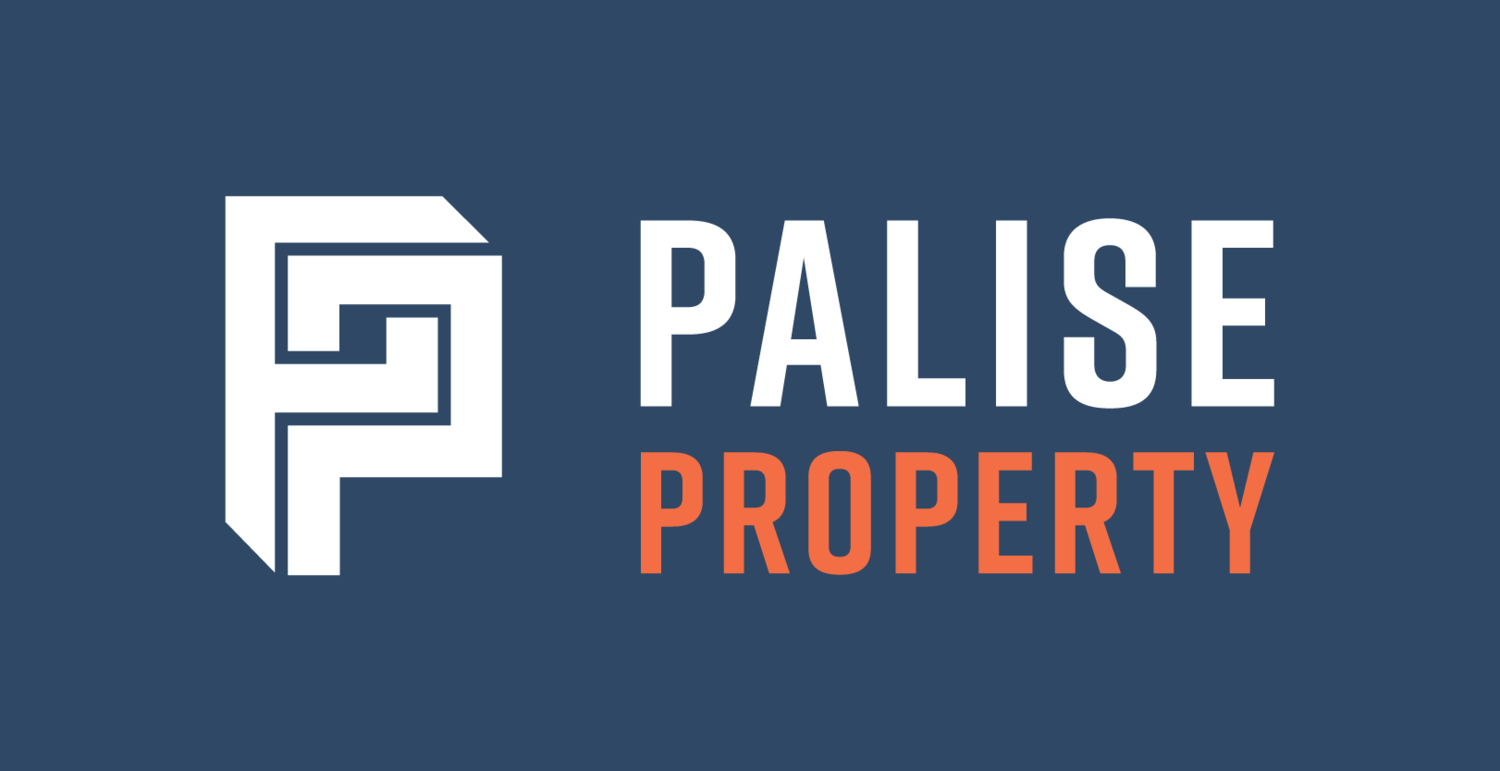Old vs New - Which Is a Better Residential Investment
When considering a residential investment property, you need to understand what factors valuers consider when establishing the property's value.
Things like comparable sales, land, structure, the economy, and interest rates all play a role in determining if an old or new residence will be a better investment.
So let’s take a closer look at these points to determine which option may provide you with the best return on your money.
Comparable Sales
When valuing a property, valuers typically use a selection of recent comparable sales to estimate the property's value. However, this is only one aspect of determining a property's value.
Certain other factors can also influence a property's value, but they are more subjective and difficult to quantify.
These can include things like the prestige of the street or neighbourhood where the property is located, the proximity of the property to in-demand schools or public transportation, or the design quality of the property.
For instance, if the property is located in a highly desirable area, it may command a premium price, even if the property itself is not particularly unique or outstanding in some way.
Land
The land that the property sits on also contributes to its valuation. Valuers will take into account a wide range of factors, including:
The distance to:
CBD or other employment opportunities
Public transportation
Lifestyle aspects (holiday homes offering remote working opportunities, closeness to beaches or mountains)
Shopping, entertainment, and recreational activities
The scarcity of properties in the area defined by how many people want to live in a particular suburb and how many properties are available
The unique placement of the property, such as on a busy street, near a golf course, or on the waterfront with access to a jetty or mooring
The accessibility of the property
The topography of the land, such as if the property is on a slope with views
The aspect of the property
The square metreage of the land
Keep in mind that international buyers prefer locations closer to the CBD or other lifestyle attractions.
Structure
The structure of a residence can play a significant role in determining its value.
Generally, properties with strong kerb appeal and some architectural appeal can be valued more highly, but this will depend on factors such as the overall upkeep of the property and the building inspection reports.
This valuation will cover the:
Type of home such as a stand-alone house, duplex or townhouse
Year built and the overall age of the property
Build conditions
Building materials used
Renovations and updates that have been made to the property
Kerb appeal and overall aesthetics of the property
Square meters of livable space
Number of bedrooms and bathrooms (with more bedrooms and bathrooms increasing the property’s worth, although these trends are very locally specific)
Presence of fixtures and fittings such as appliances, cabinetry, etc.
Energy efficiency features such as solar panels, efficient heating and cooling systems
Economy and Interest Rates
The economy's performance and its effect on interest rates can strongly impact a buyer’s ability to afford the property.
For example, if interest rates increase, fewer people may be able to afford homes, which creates less demand.
But there can also be less demand if the economy is flat because confidence decreases and fewer people are incentivised to buy.
Governments have tools to curb inflation and house prices and increasing or decreasing interest rates is one of their levers.
The government incentives (such as stamp duty, LMI concessions, and FHOGs) can also come into play to boost the market.
Remember, property investing is a long-term game; therefore, as you build your portfolio, you will experience times of lower and higher interest rates.
Banks build a buffer into the amount they will lend to account for ‘worst case’ levels of interest rates. You should do your own stress testing, considering your lifestyle expectations.
Key Takeaways
Deciding on property investments can be tricky, especially when comparing existing and new properties.
To make the right choice, consider all factors, such as comparable sales, land values, structure, and the current economy. Generally speaking, buying a new property you pay a premium (as more people need to be paid for the development), there is a larger chance of oversupply due to lots of stock coming on the market at the same time, and vacancy rates are higher.
To increase your chances of success, it's a good idea to get advice from an expert and explore all your options before making a purchase.
Ultimately, the perfect property for you depends on your needs, budget, and desired outcomes.
If you're interested in investing in residential property and would like to unpack more about what it entails, I’ve written this easy-to-read guide that provides a thorough overview of the process of investing in residential property.
“Residential Property Investing Explained Simply” covers a wide range of topics, from understanding the factors that can impact the value of a property to the ins and outs of property investment.
Whether you're just starting to explore the world of property investment or are looking to deepen your understanding of the subject, this book is a valuable resource that can help you make informed decisions and maximise the value of your investments.
Alternatively, if you want to know how I’ve helped investors acquire a range of residential properties, feel free to reach out today.
